EU to take into account pandemic consequences in the program of new aid to Uzbekistan until 2027
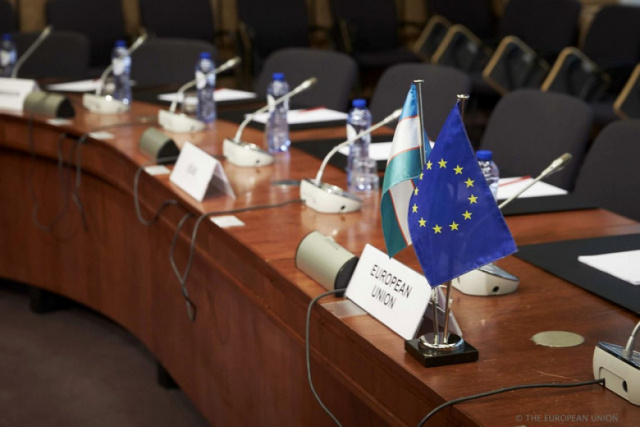
On October 19, the third meeting of the Subcommittee between Uzbekistan and the European Union (EU) for Development Cooperation was held via videoconference.
The event was organized by the Delegation of the European Union to Uzbekistan and the Ministry of Investments and Foreign Trade.
The European side was co-chaired by Sarah Rinaldi, the Head of Unit for Middle East/Gulf, Central Asia and South Asia, Directorate-General for Development of Cooperation of the European Commission, with the participation of Boris Iarochevitch, Head of Central Asia Division at European External Action Service. The co-chairman of the meeting of the Subcommittee from the Uzbek side was Shukhrat Vafayev, Deputy Minister of Investments and Foreign Trade.
The main goal of the third Subcommittee was to identify and discuss lessons learned from the implementation of the Multi-annual Indicative Program for 2014-2020 and priorities of the Government of Uzbekistan for current and medium-term reforms. Also, Sarah Rinaldi informed on the EU's preparatory work for the next programming cycle 2021-2027 and invited the national stakeholders to become active partners in the process of setting up the next cooperation program.
There were several line ministries among participants that informed on their key challenges and potential priority cooperation areas; these were Ministries of Agriculture, Employment and Labor Relations, Innovative Development, Higher and Secondary Special Educations, and Water Resources Management, and the State Committee on Ecology and Environmental Protection. Additionally, the EU Member States joined the meeting in the spirit of Team Europe.
Today the European Union implements its activities in Uzbekistan within the framework of the Multi-annual Indicative Program for 2014-2020 with the total value of €168 million and the main development directions in agriculture and rural development. For the next programming cycle, the participants proposed to expand the scope of cooperation and cover such areas as digital economy, education, eco-innovative development of the Aral Sea region and investment climate.
“The programming of the post-2020 EU development cooperation is taking place under challenging circumstances: pre-existing problems, such as the impact of climate change and environmental degradation, have been exacerbated by the COVID-19 pandemic. The post-COVID-19 recovery rests on the need to ensure a sustainable, socially just, resilient and climate-neutral economy,” Sarah Rinaldi said. “Along with the overarching policy priorities of the European Commission, the Sustainable Development Goals will continue to be the underlying purpose of EU development cooperation. A key feature of the new program will be Team Europe Initiatives. These are flagship programs in which the EU and the Member States combine their efforts in order to create enhanced programs that can deliver greater development impact.”
Recommended
List of streets and intersections being repaired in Tashkent published
SOCIETY | 19:12 / 16.05.2024
Uzbekistan's flag flies high on Oceania's tallest volcano
SOCIETY | 17:54 / 15.05.2024
New tariffs to be introduced in Tashkent public transport
SOCIETY | 14:55 / 05.05.2023
Onix and Tracker cars withdrawn from sale
BUSINESS | 10:20 / 05.05.2023
Latest news
-
Uzbekistan tops medal table at Asian Cadet Judo Cup in Kazakhstan
SPORT | 18:42 / 05.07.2025
-
Uncertainty grows as new homes remain without gas supply
SOCIETY | 17:46 / 05.07.2025
-
Uzbekistan plans to launch national ferry service in Caspian Sea
SOCIETY | 16:03 / 05.07.2025
-
Dozens of violations, zero accountability: Fergana police cancel fines for chief’s wife’s car
SOCIETY | 16:02 / 05.07.2025
Related News
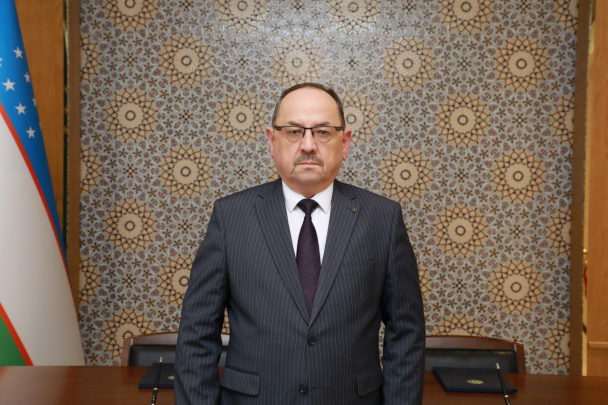
14:50 / 30.05.2025
Health official: No grounds for alarm over COVID-19 mutations in Uzbekistan
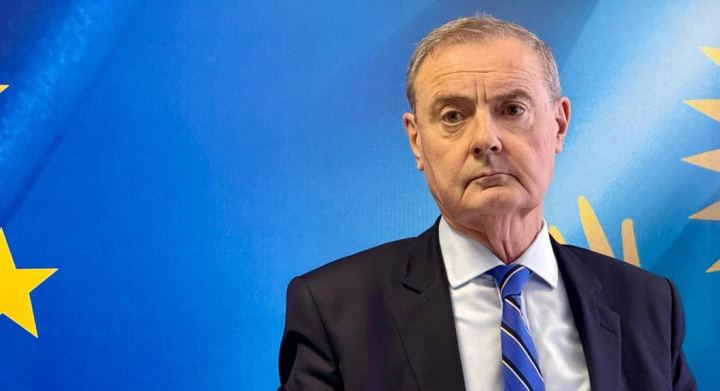
18:01 / 28.05.2025
EU reports success in blocking military-use exports to Russia via Uzbekistan and others
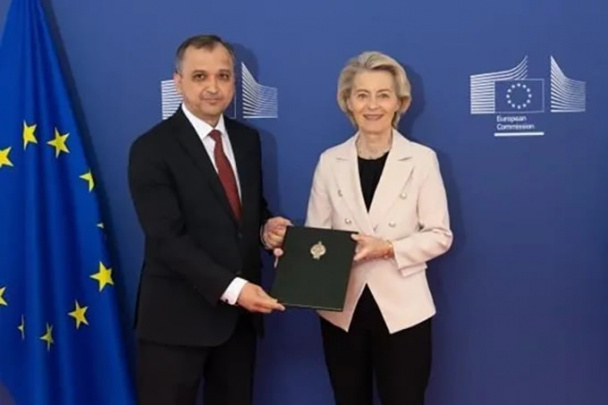
17:20 / 27.05.2025
Uzbekistan’s ambassador presents credentials to European Commission President
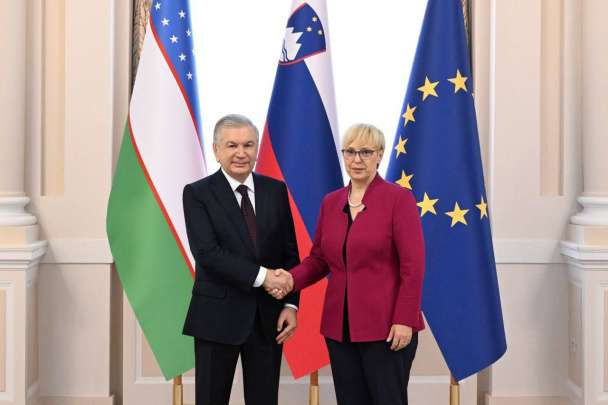
18:40 / 22.05.2025



